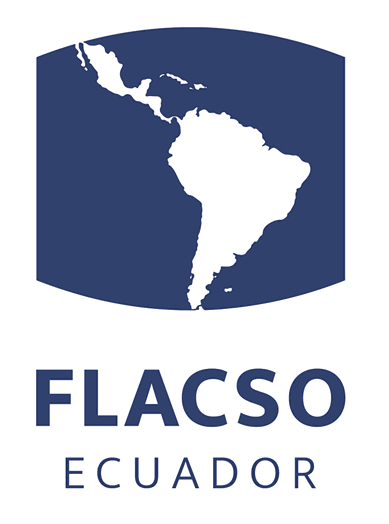Por favor, use este identificador para citar o enlazar este ítem:
http://hdl.handle.net/10469/8715| Tipo de Material: | Tesis doctoral |
| Título : | De proveedores a clientes : el dilema en el que las redes clientelares colocan a la gestión social. El caso del Municipio de La Plata |
| Autor : | Cárcar, Fabiola |
| Asesor de Tesis: | Forni, Pablo |
| Fecha de Publicación : | 2007 |
| Ciudad: Editorial : | Buenos Aires: FLACSO. Sede Académica Argentina |
| Cita Sugerida : | Cárcar, Fabiola (2007). De proveedores a clientes : el dilema en el que las redes clientelares colocan a la gestión social. El caso del Municipio de La Plata. Tesis de Doctorado. FLACSO. Sede Académica Argentina, Buenos Aires. |
| Descriptores / Subjects : | CLIENTELISMO COMEDORES PÚBLICOS POLÍTICA ALIMENTARIA RELACIONES DE PODER MUNICIPALIDADES PARTIDOS POLÍTICOS GESTIÓN SOCIAL GESTION LOCAL PARTICIPACIÓN POLÍTICA ARGENTINA LA PLATA |
| Paginación: | 237 h. |
| Resumen / Abstract : | La investigación describe y explica cómo funcionan las redes clientelares en la implementación concreta de una política social a nivel local. Tomando como objeto de estudio a los efectores del programa de comedores comunitarios en la ciudad de La Plata, entre 1995 y 2005, se analiza quiénes son los actores que intervienen y cuáles son los bienes y mecanismos del intercambio, a partir de la teoría del clientelismo político. Partiendo de analizar cuál es el espacio de posiciones que ocupa cada uno de los términos de una relación clientelar (patrónintermediarios - clientes) se visualiza la magnitud y las características que en cada caso adquiere el intercambio conforme esas posiciones. Asimismo, se analizan los mecanismos a través de los cuales van cambiando o renegociándose esas posiciones al interior del sistema clientelar cuando la gestión de una política pública entra en juego con el sistema de partidos abiertos y competitivos a nivel local. The research describes and explains how the clientele nets operates in the implementation of a social policy at a local level. Considering as object of study the organizations to take part in the Program of Community Development Centres of the city of La Plata, during the period 1995/2005, an analysis of whom are the actors involved and which are the goods and mechanisms of the interchange, considering the theory of political clientelism. Analysing which are the positions occupied by each one of the terms involved on such a clientelism relationship –i.e. patron/go-betweens/clients- it is possible to visualize the magnitude and characteristics the, in each case, this interchange acquires. It is also possible to describe the mechanisms through which such positions are changed and renegotiated within the clientele system, when the management of a public policy interacts with the system of political parties. |
| Copyright: | openAccess Atribución-NoComercial-SinDerivadas 3.0 Ecuador |
| URI: | http://hdl.handle.net/10469/8715 |
| Aparece en las colecciones: | Tesis Doctorado Argentina |
Archivos en este ítem:
| Archivo | Descripción | Tamaño | Formato | |
|---|---|---|---|---|
| A-Cubierta-T-2007FC.JPG | Tesis – portada | 29,06 kB | JPEG |  Visualizar/Abrir |
| TFLACSO-2007FC.pdf | Tesis – texto completo | 1,54 MB | Adobe PDF |  Visualizar/Abrir |
Este ítem está sujeto a una licencia Attribution NonComercial ShareAlike (CC BY-NC-SA 4.0)
Licencia Creative Commons



